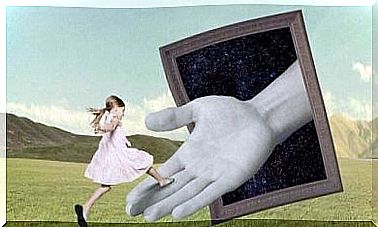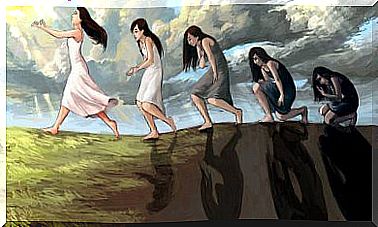Do You Know Noam Chomsky?
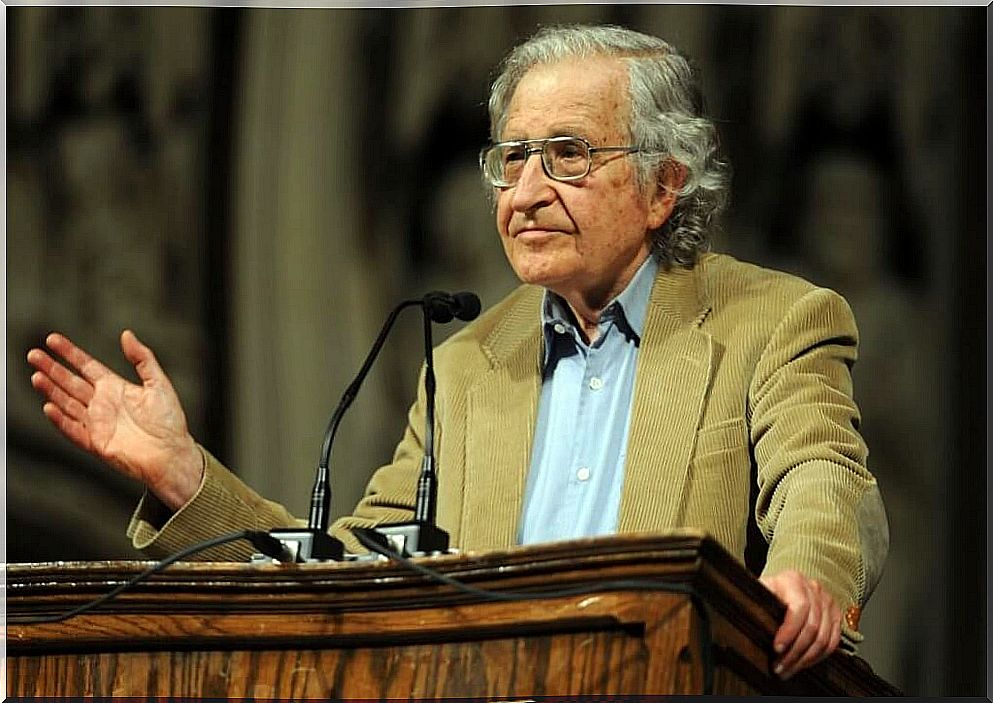
The other day I was watching a movie and I saw a scene that caught my attention. An unorthodox family celebrated Noam Chomsky’s birthday. One of the children, letting his anger out, was fighting with his father for celebrating this date. His argument was that he wanted to celebrate Christmas as other children did, not Chomsky’s birthday – whose birthday is close to Christmas. The father’s response was blunt: “Which do you prefer, celebrating a fictional magical elf or celebrating the birthday of a man who fights for human rights and for understanding between people?”
The poor child could not find the words to reaffirm his desire to celebrate Christmas in the face of his father’s so powerful argument. I don’t want to delegitimize the beliefs of millions of people, just reflect on something that caught my attention: I saw this movie, called ‘Captain Fantastic’, with several friends, and none of them knew Chomsky. But who, after all, is Noam Chomsky?
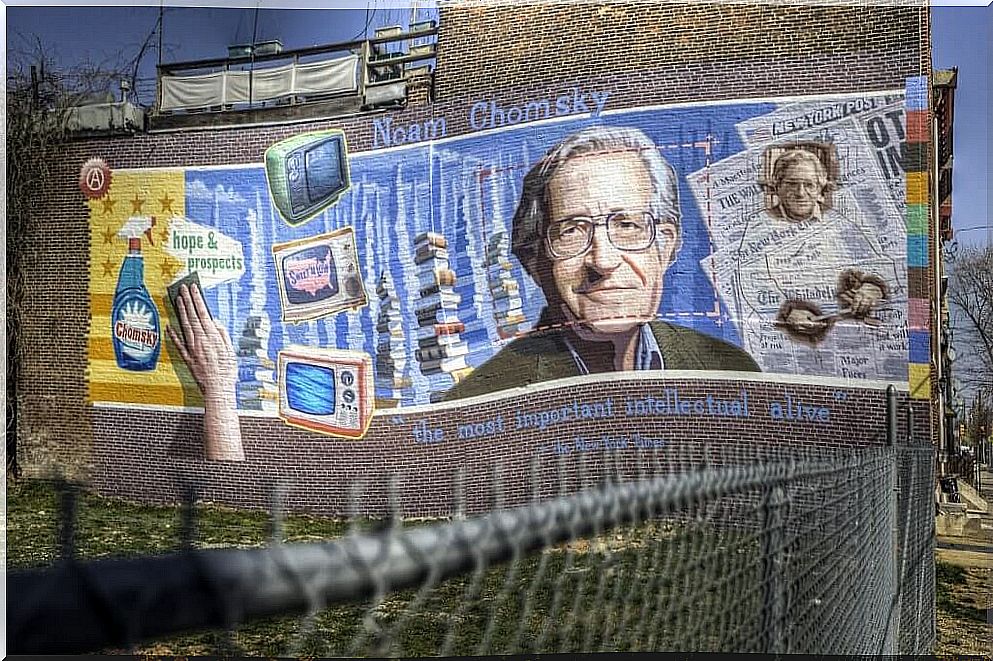
Noam Chomsky’s Contributions to Linguistics
Noam Chomsky is a famous linguist, philosopher, activist and political analyst, commonly related to the most radical and critical currents of political thought in his country, the United States. Its best-known facet is probably linguistic. Chomsky developed the theory, about which hundreds of pages have been written, about language acquisition.
Chomsky proposed that there is an innate brain device we are born with that allows us to learn and use language almost instinctively. His proposal, still in force and taught at universities, broke with all previous theories that postulated that language emerged only through learning processes.
His theory assumed that there are some grammatical principles that are universal to all languages. This theory explains how quickly children learn to speak. It also explains why virtually all children follow the same steps in learning a language and make similar mistakes in the process.
political activist
Some consider Chomsky the most important intellectual of our day. This is, in part, due to his activist side. Chomsky considers himself an anarchist in the anarcho-Syndicalist tradition and is a strong advocate of civil disobedience. One of the examples Chomsky uses to explain his activist ideas is the following:
Imagine you are walking down a street at night. Suddenly, he sees that on the other side of the street a person is hitting another, in an act of aggression. Without thinking twice, you look for a crosswalk to cross the street and try to help the victim. Pedestrian traffic light is red. What do you do?
Crossing the street with a red traffic light is illegal. So if you cross, you’re breaking the law. On the other hand, if you don’t cross and wait until the traffic lights turn green, it may be too late to help the victim of the assault. If you wait, there will be no time to help the person who is being spanked.
From this story, it is possible to see that, in some cases, not respecting the law can be beneficial. Whenever there is a higher moral end, it may even be necessary to override the rules. In the case of the story being told, the ultimate goal is to help a person. For Chomsky, the illegality that is proposed as something static does not coincide with what people consider illegal within it. In many cases, the illegal should be legal.
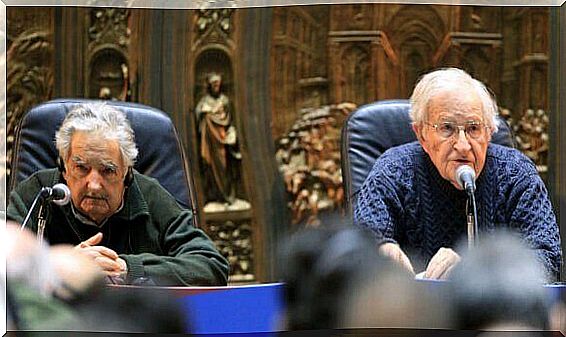
human rights defender
When the Vietnam War broke out, Chomsky launched a series of criticisms against the lack of democracy in the United States. He always defended that there is a lack of coherence between public opinion and political decisions. As we have seen in the previous story, he is in favor of popular mobilizations coercing the public power in order to obtain real gains.
Chomsky, despite defining himself as a Jew, was also very critical of the state of Israel, even though he defended kibbutz life as a social alternative. He was one of the biggest supporters of the boycott of Israel promoted by the BDS (Boycott, Divestment and Sanctions) movement. This movement seeks to exert political and economic pressure for Israel to end the Israeli occupation of Palestinian locations.
- The media diverts people’s attention from the really important issues.
- To make an unacceptable measure accepted, the media introduce it gradually, dropperwise.
- To get an unpopular decision accepted, they present it as “painful but necessary”, thus gaining public acceptance at the time for future application.
- They use the emotional aspect to short-circuit the rational analysis of the situation and the critical sense of individuals.
- They promote the belief among the public that it is good to be stupid, vulgar and uneducated.
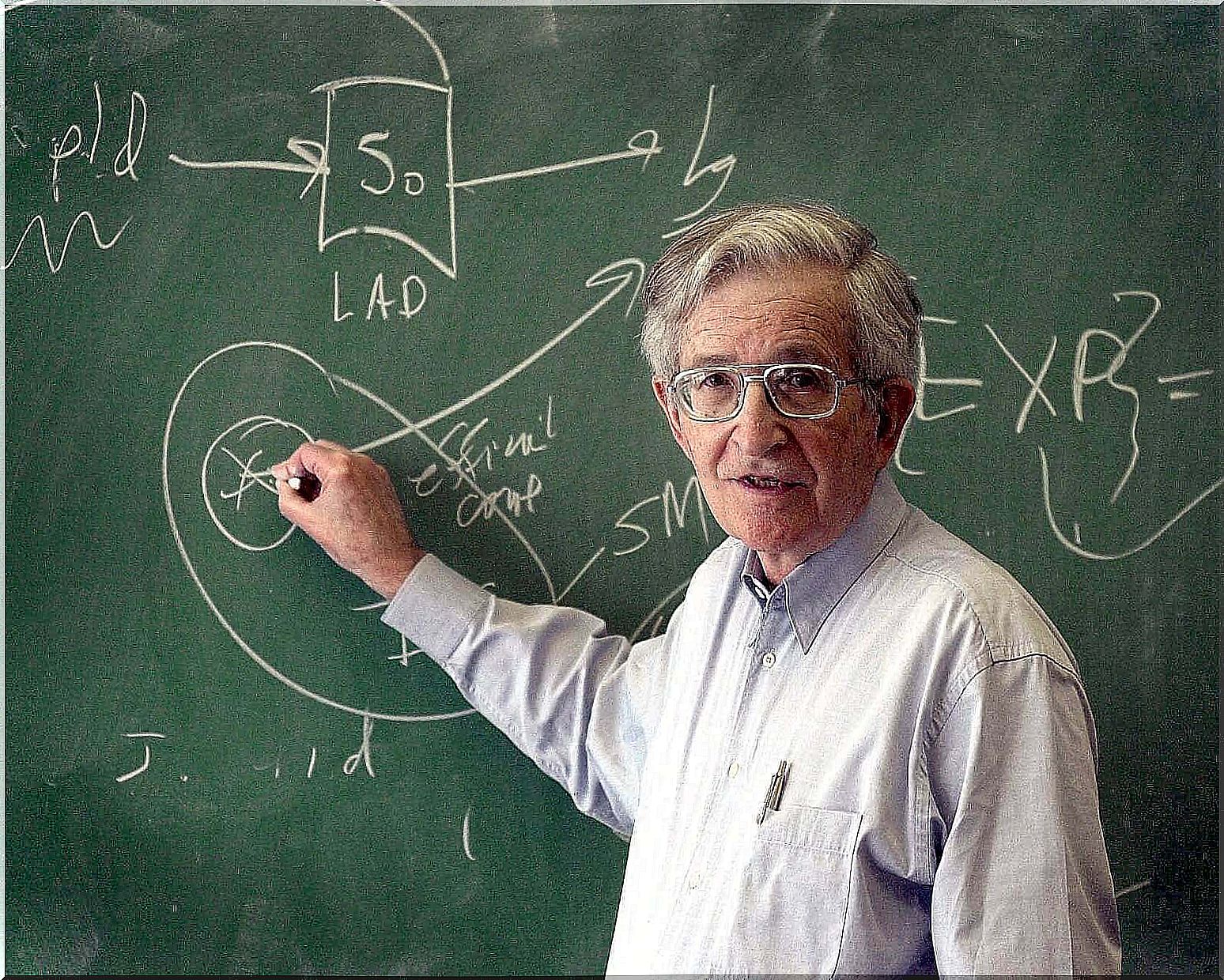
If after knowing a little more about Noam Chomsky you would also like to celebrate his birthday, don’t forget: it’s December 7th. As Chomsky said: “If you assume that there is no hope, then it is guaranteed that there really isn’t. If you assume that there is an instinct towards freedom, then there is still a chance to change things.”
